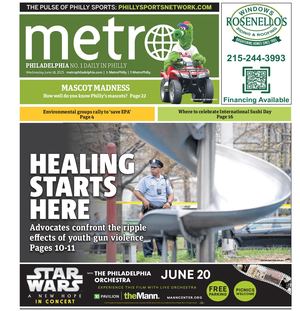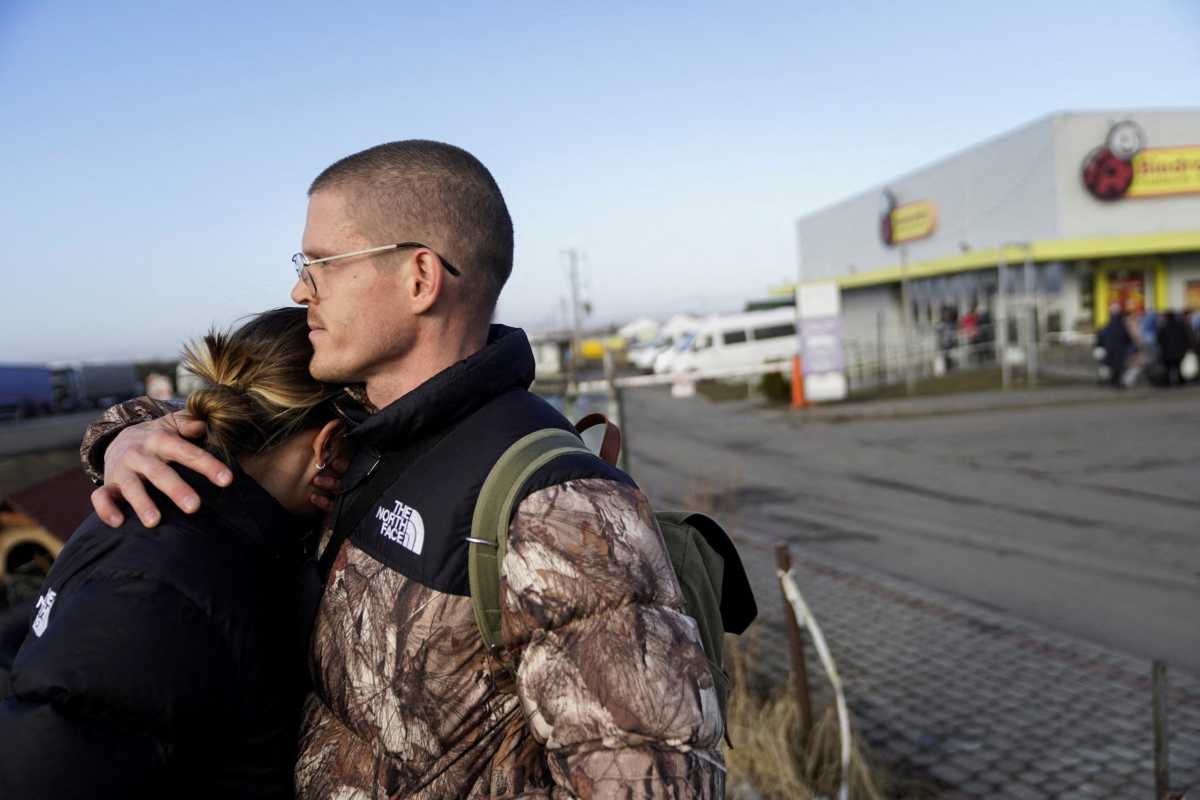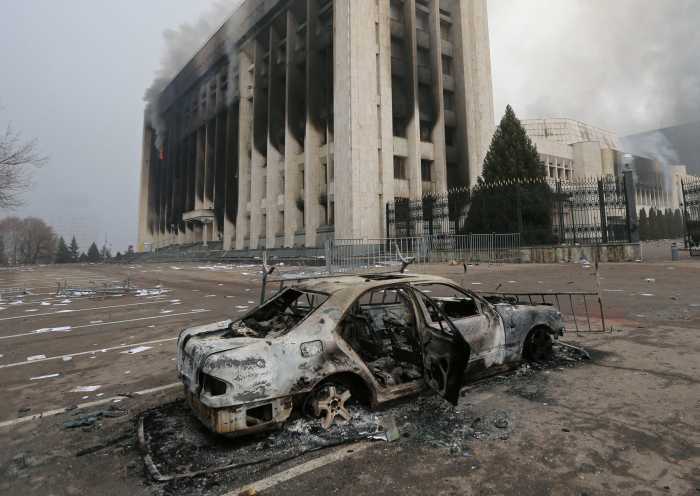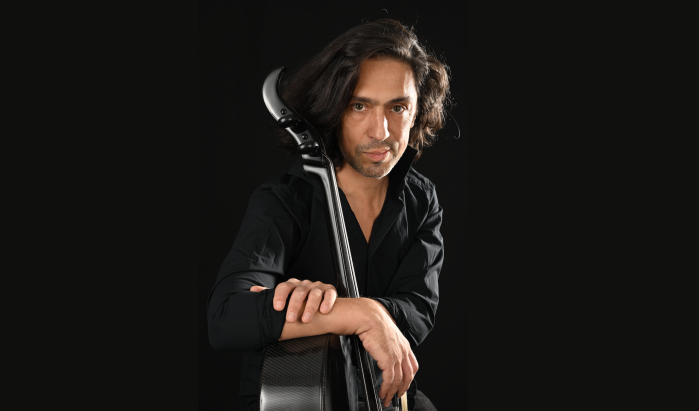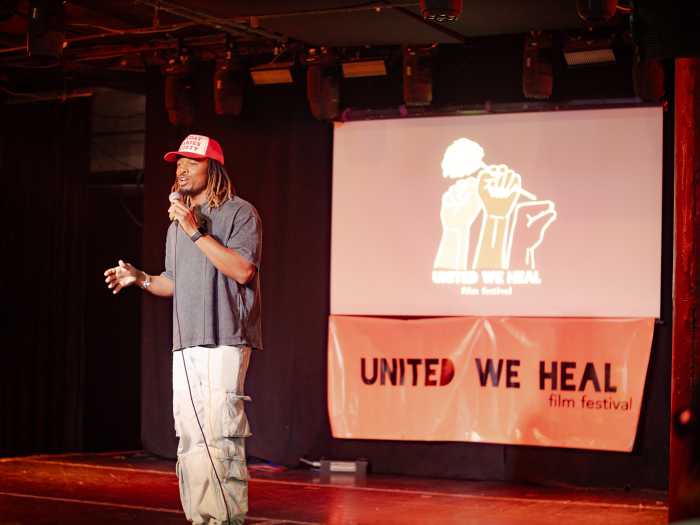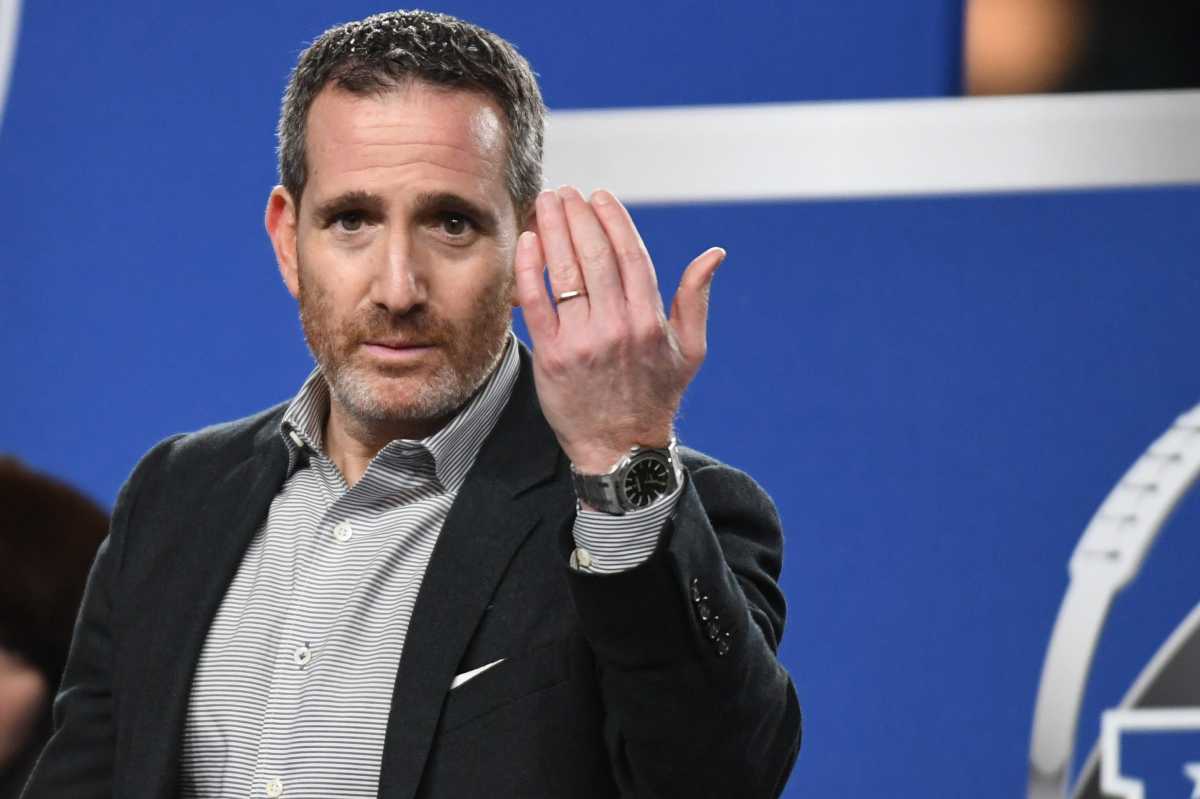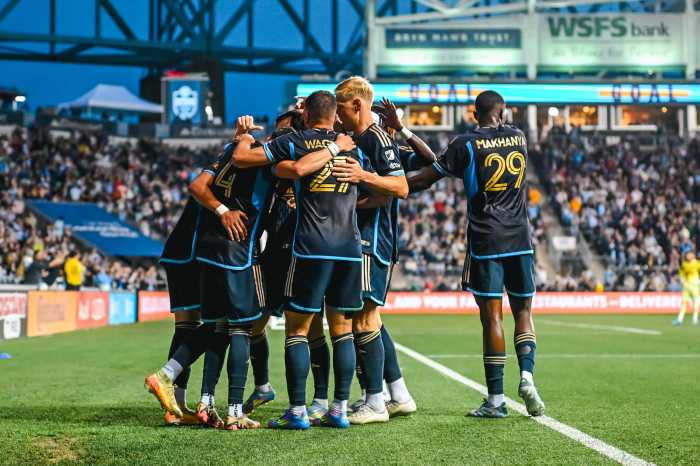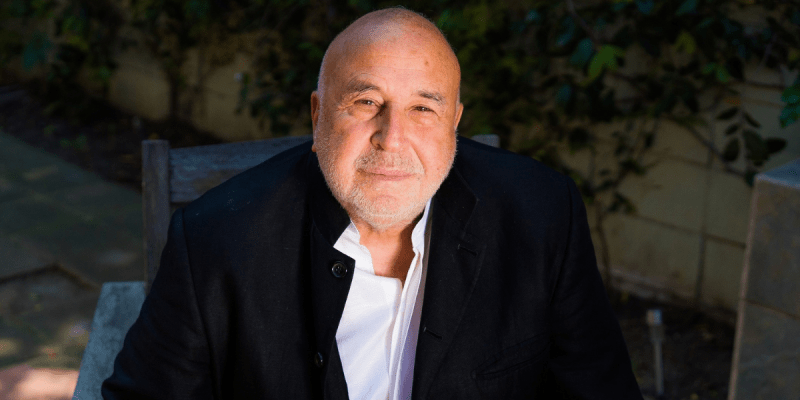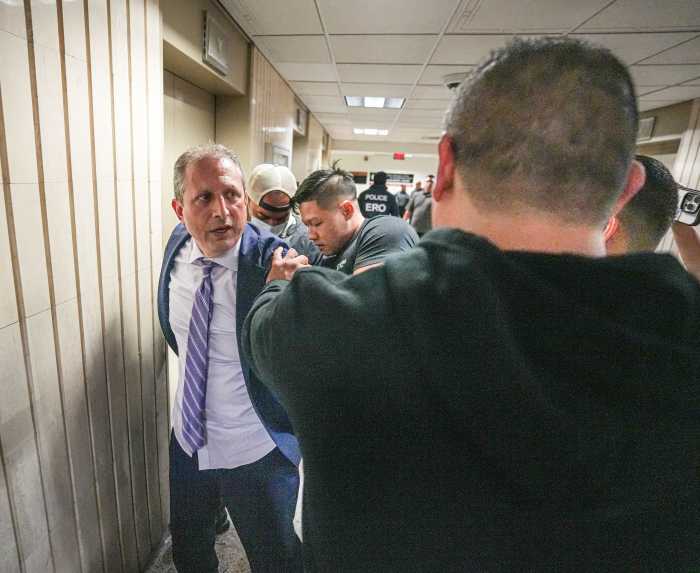Kateryna Minkina was a student in Kharkiv, Ukraine’s second-largest city, in 2014 when Russian-backed forces occupied her smaller hometown in the eastern part of the country and she lost contact with her parents.
Now, the 26-year-old is a Fulbright Scholar, attending Villanova University and living in Ardmore, as Russian troops launch a full-scale invasion of Ukraine.
“My parents right now are preparing their basement to use it like a shelter, like they did in 2014,” Minkina told Metro on Thursday. “Now they have more experience of doing that and they actually can recognize different types of weapons by just hearing.”
Tens of thousands of Ukrainians and Ukrainian-Americans in the Philadelphia region have watched the Russian attacks escalate with horror — holding prayer services and staying in constant contact with relatives and friends in the Eastern European nation.
Even from afar, they have mobilized support campaigns and urged elected leaders in Washington to punish Russian President Vladimir Putin with powerful sanctions.

“We are all Americans, but our hearts and souls are also in our homeland,” said Eugene A. Luciw, whose parents fled Ukraine in the aftermath of World War II. “I can’t say that I’m in harm’s way, obviously, but I feel as if I have been attacked.”
Ukrainian Catholic Archbishop Borys Gudziak, who is based in Philadelphia and oversees dozens of churches in several states, is in Paris appealing to bishops in Western Europe, following a confidential meeting with Pope Francis on Friday.
“Western Europe needs to be very cognizant of the fact that this is not just a Ukraine issue, that the security and welfare and stability of Europe is at great risk,” he said in a phone interview Thursday.
On Wednesday, Gudziak, who visited Ukraine earlier this month, said he prayed for Putin’s conversion, peace in Ukraine and the Russian people.
“We are asking people, members of our church, to explain what is happening in Ukraine, because a lot of people don’t know,” he added.
Luciw, who grew up in Fairmount and is president of the Philadelphia branch of the Ukrainian Congress Committee of America, is involved in several local cultural organizations. His wife is concerned for her family members who live in Ukraine.
“They’re thinking about what documents to have with them if they need to escape, what to pack in a couple of suitcases,” he said.
Several waves of Ukrainian immigrants have settled in the Philadelphia region, forming a longstanding community with numerous active organizations and clubs.
Local leaders are quick to point out that Putin’s aggression began eight years ago, when Russia seized the Crimean peninsula and waged proxy battles in the Donbas region, where Minkina’s parents live.
“The Ukrainian nation never actually truly believed that there would be a full invasion,” said Iryna Mazur, the honorary Ukrainian consul in Philadelphia. “Because we did not want to believe that Russian people would participate in such a horrible action.”
Mazur drove down to Washington, D.C. on Thursday to join a protest in front of the White House, and she is planning a rally Friday at noon outside City Hall.
The Jenkintown-based Ukrainian Education and Cultural Center is asking people to call or email President Joe Biden’s administration to express support for Ukraine and to donate to humanitarian efforts.
“It feels incredibly frustrating because we feel that we are powerless at this point,” Mazur said. “We have been talking to the administration, to Congress for the last eight years at least, and it’s a feeling that it’s only now that we are taken seriously.”
Putin, Luciw argued, was emboldened when the U.S. and other Western countries did not take serious action in 2014.
“As of today, any big bad boy in the neighborhood can take control over another country,” he said. “China now has the ability to take over Taiwan. And is anybody going to do anything about it?”
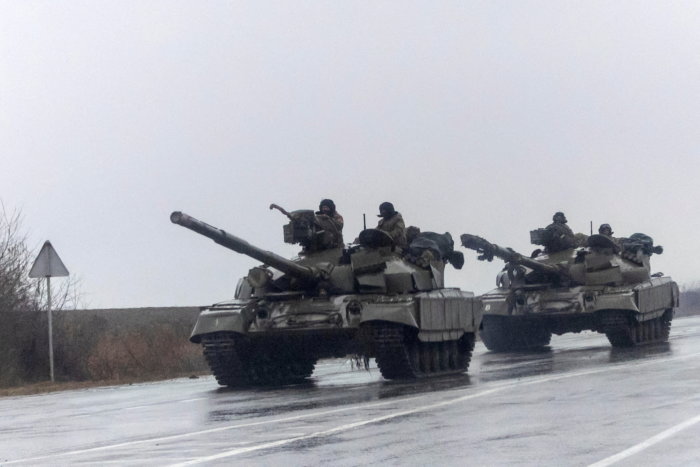
Biden announced new sanctions Thursday aimed at Russian banks and state-owned companies, along with restrictions that could make it difficult for Russia to conduct business using foreign currencies.
Minkina, a Ukrainian citizen who plans to return there after her studies, is trying to raise awareness among Villanova students and combat disinformation.
She’s also been in frequent communication with her friends and former classmates in Kharkiv, some of whom have fled the city.
“Some kind of psychological support is always valuable,” Minkina said. “And it’s always valuable to know that you have some contacts to speak to, and you’re never alone in this.”
